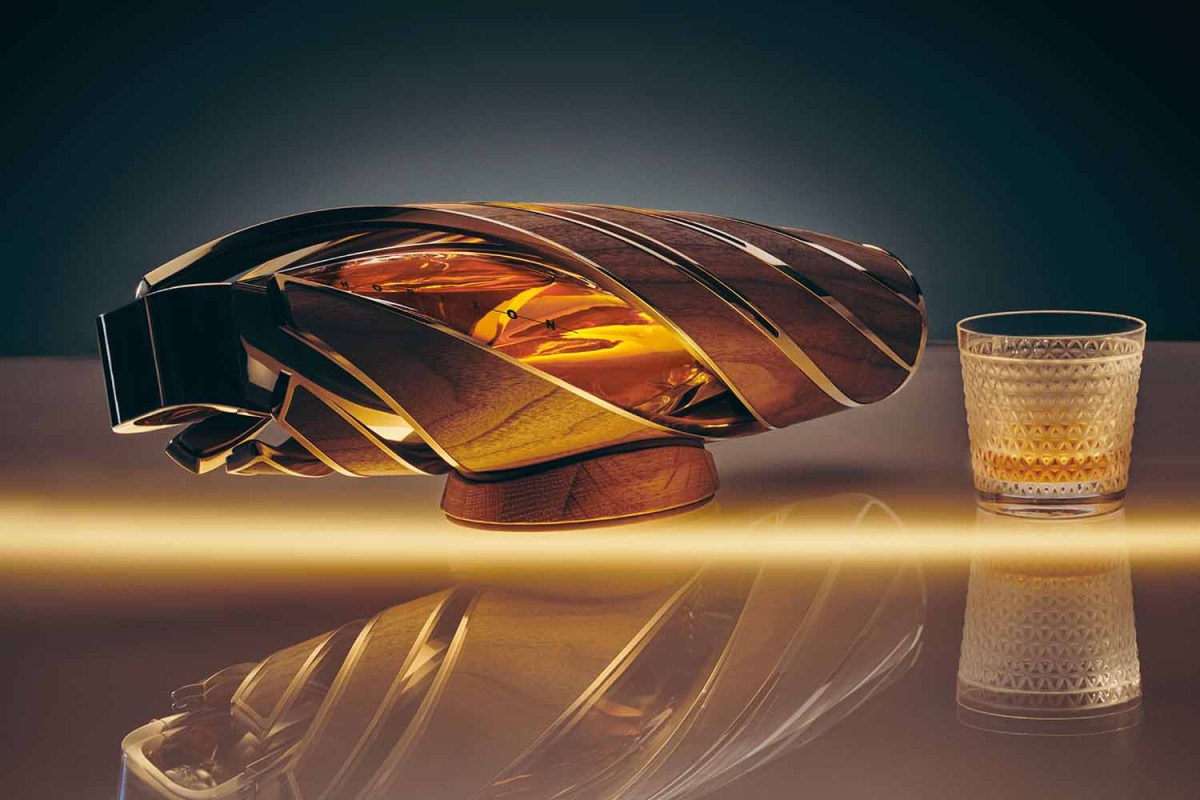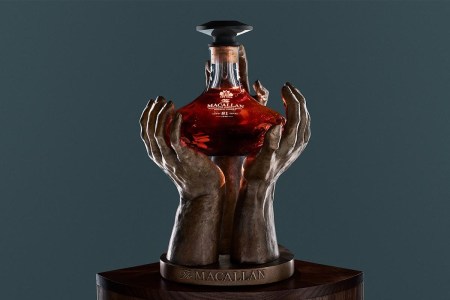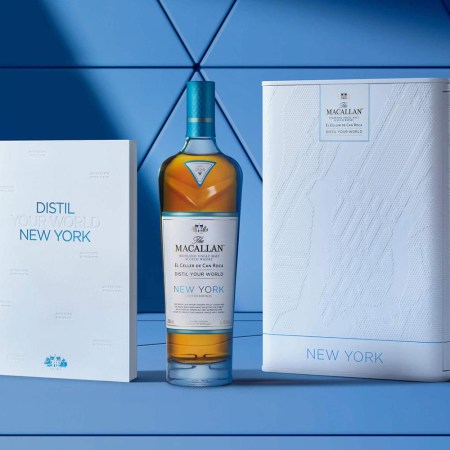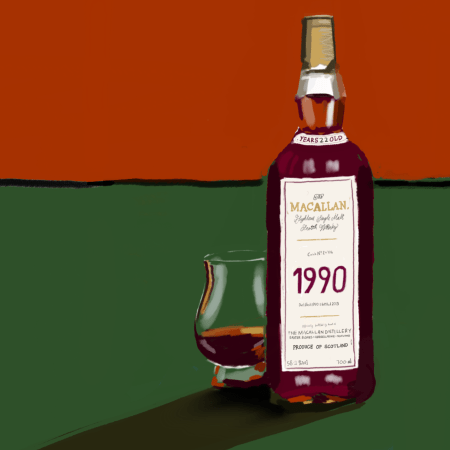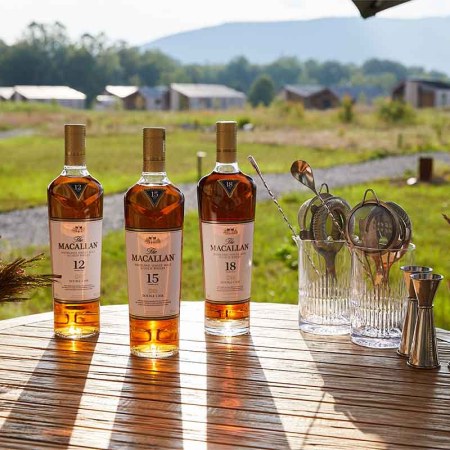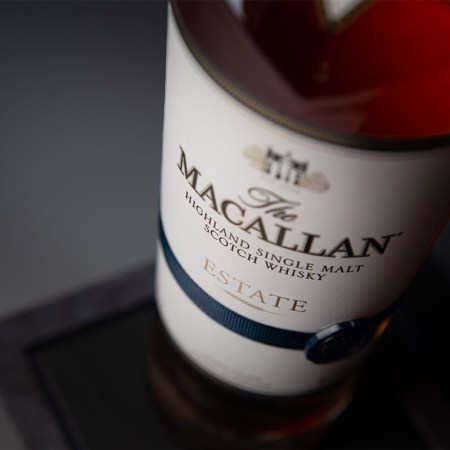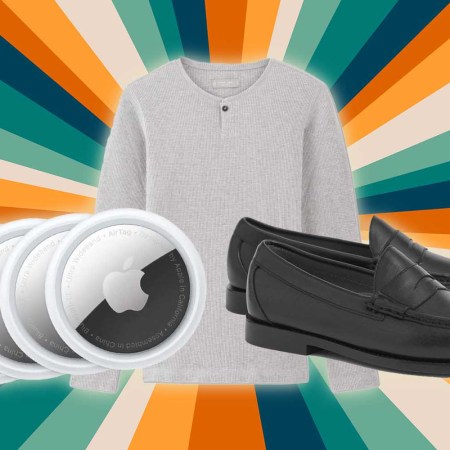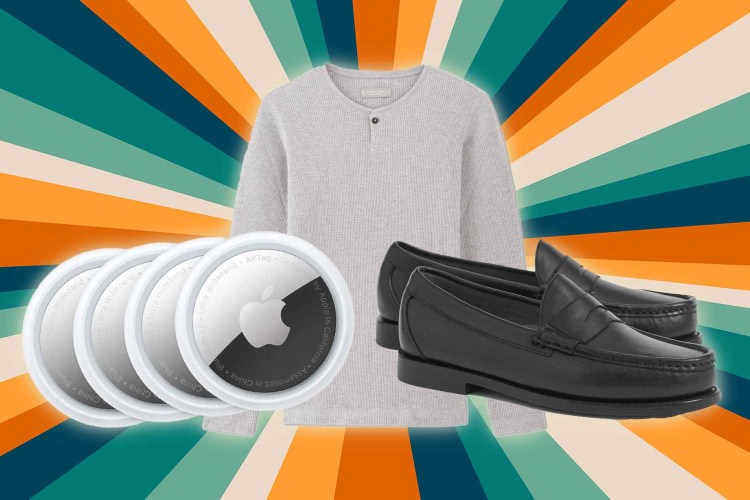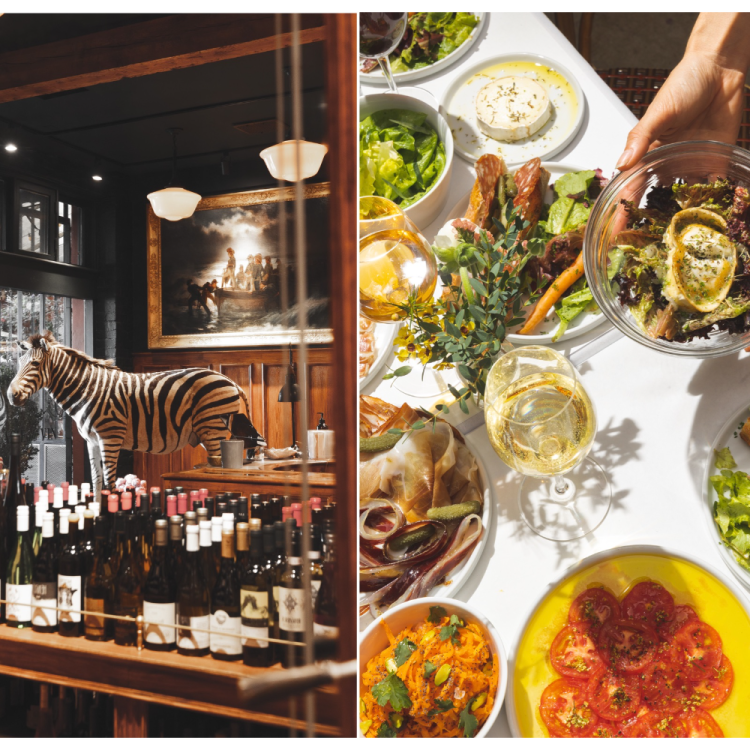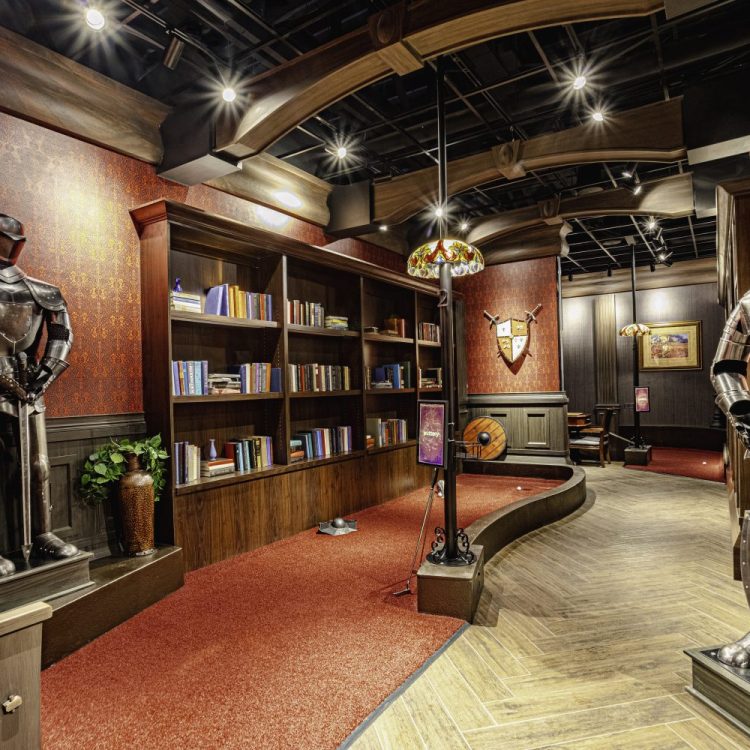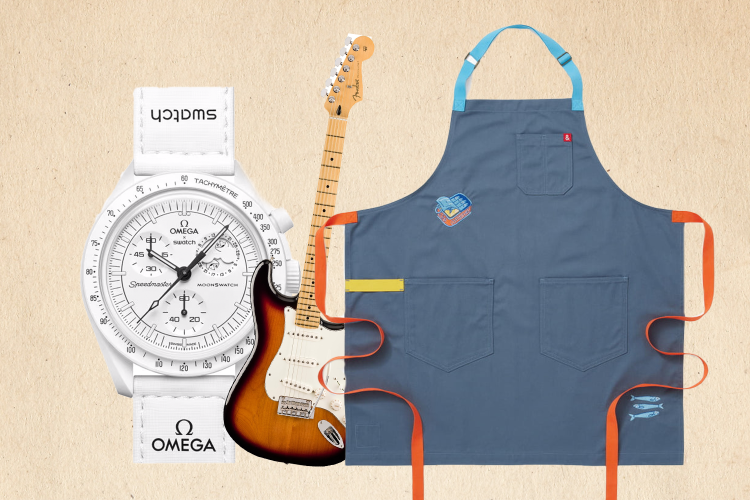Kirsteen Campbell is used to working at a slow pace. When she joined The Macallan as the Scotch whisky maker’s first female master blender in 2019, her first task was to produce The Reach, which would become the world’s oldest new Scotch whisky, having been distilled in 1940.
“It was actually emotional just thinking about that, the opportunity to sample a cask that was so old,” Campbell says. “It was a kind of time travel, reaching back through history, and a reminder that [in this industry] we have to think about legacy all the time — we’re building on decisions about which casks to use and which ones we’re going to leave for future generations. Decisions I make today won’t come to fruition for at least 17 years. I love that, though I’ve had to learn to be very patient.”
But her latest project is, in a sense, all about speed. In part to mark its 200th anniversary this year, The Macallan is releasing a collaboration with Bentley Motors, much to Campbell’s delight. “I love whisky but I also love cars,” she says, conceding that her Audi convertible is not the ideal choice for dealing with the weather in the Scottish Highlands. Called The Macallan Horizon, it’s a limited edition single malt that comes in a hand-made glass bottle with a 180-degree twist and in a sculpture that looks something akin to an exploding cask.
The Macallan Just Released the Oldest Single Malt Scotch Ever
At 81 years, it’s a record-breaking release by the Speyside distillery, and limited to just 288 bottles at $125,000 eachThe packaging is made from upcycled copper and wood; aluminum recovered from the production of Bentley’s Continental GT, Flying Spur and Bentayga models; and the world’s lowest CO2 leather, sourced in Scotland and used in Bentley’s coach-built Mulliner Batur, launched last year.
“We knew we wanted to make a unique product that stood out amongst the usual vertical bottles you would find in a bar or shelf, so we drew on the horizontal plane that our cars occupy and materials from both brands,” says Bentley’s product and lifestyle design manager Chris Cooke.
“Unique” is one way of putting it. “When I first saw the [proposed design], I thought it was crazy,” Campbell admits. “I mean, it’s horizontal and the whisky world is all vertical. It looked good on paper, but I couldn’t see how it would be realized. But the result is aesthetically very beautiful. It’s a work of art”.
It’s a work of art that also required the capsule to be specially engineered for a very tight fit. The Macallan Horizon, which launches this spring, isn’t the kind of whisky you want to lose to leakage. And not just for its rarity: only 700 bottles will be produced at $50,000 a pop. It’s a distinctive twist on The Macallan’s more signature dried fruit and spices, adding notes of leather and wood. Those were the dominant aromas of her trip to Bentley’s workshops in Crewe, UK, in 2001 when the project started.
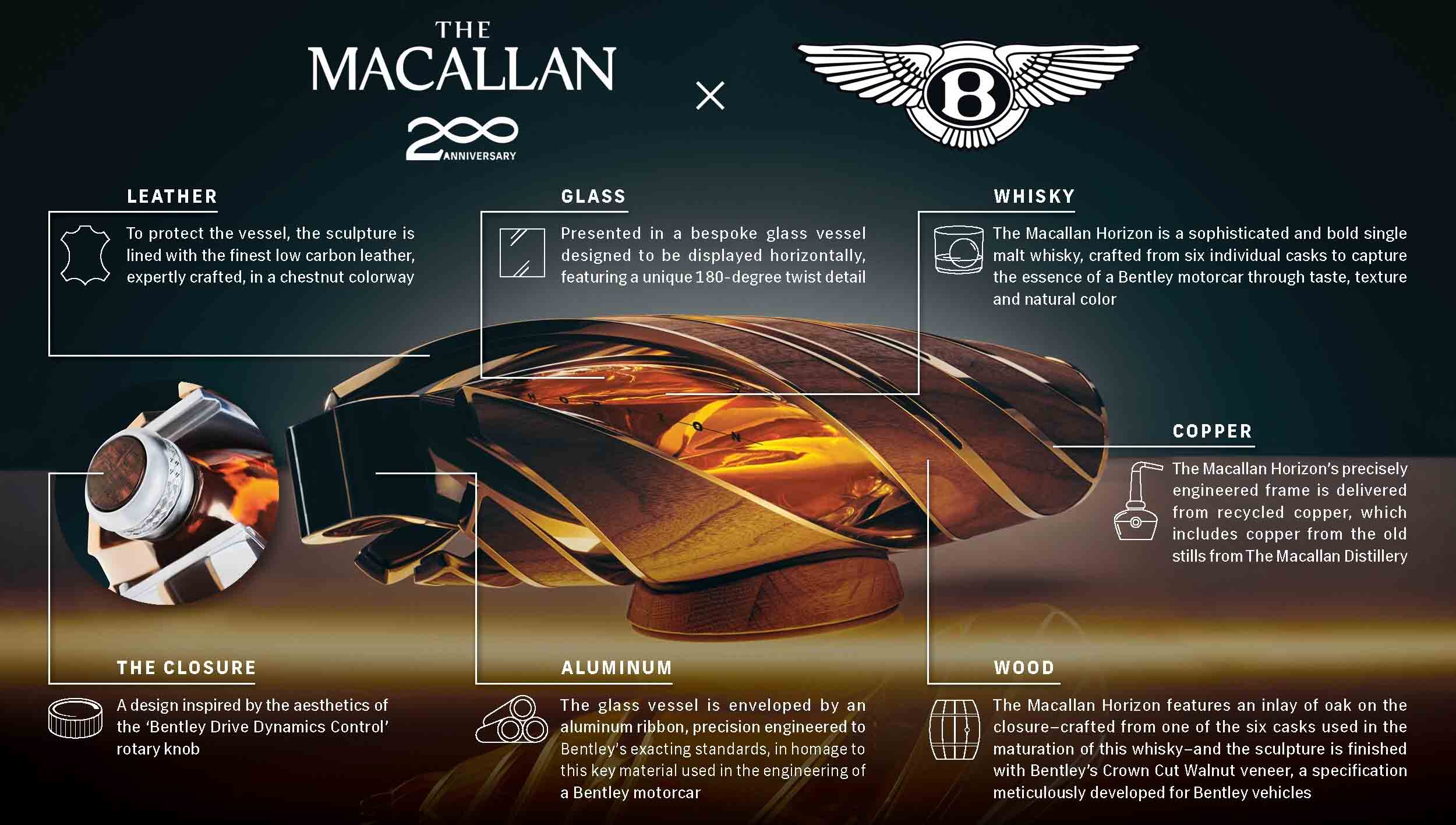
“My late father was a cabinet maker and loved to do very intricate work, so seeing that craftsmanship leveled up at Bentley was very exciting,” Campbell says. “But it was the smells that took me back. My role is to make an exceptional liquid in the bottle, and the challenge is to make a whisky that’s new but also identifiable as a Macallan whisky.” In the end, Campbell chose from an unusually narrow selection of just six casks, as opposed to 20 or more that make up other expressions from the Speyside distillery.
Admittedly, very few people will get to sample this whisky, let alone show it off on its artful stand, so in one sense this is just a joint exercise in PR for The Macallan and Bentley. But, Campbell argues, the project is an instance of the need to build an intriguing narrative that increasingly matters in the Scotch whisky world, as it does now to so many artisanal products. Whiskies can’t just be about the flavor. “You have to think beyond that to tell a bigger story,” she says.
Indeed, that Campbell holds the position she does — as the first master whisky maker of a historic Scotch distillery, soon followed by Gillian Macdonald as head of whisky creation at Glenmorangie, with several women now also holding master blender positions — is indicative of a broader change of culture in the Scotch industry that has, in part, trickled up. Whisky drinkers are younger; according to one study, around half are younger than 44, a demographic share that’s growing, and a third of drinkers are women. And whisky (even good whisky) is increasingly consumed with a mixer or as part of a cocktail.
“Perceptions are definitely changing,” Campbell says. “When I joined [the industry] in 2001, even then it was very different to today. Now everything is moving away from the old-fashioned ideas: that whisky is just ‘a man’s drink’ or that it should only ever be drunk neat, which is not a view I’ve ever held. Part of that is we’re seeing more women in leading roles and roles that have traditionally been seen as male. As figureheads change, younger women can see opportunities in the industry.”
Campbell’s path to The Macallan certainly wasn’t preordained. Trained as a food scientist at Glasgow Caledonian University (“not knowing anything much about whisky”), Campbell landed a job in a distillery laboratory. As part of her employment, she was tested on what she calls her “sensory work” (her ability to “nose” and taste a liquid) and found herself recruited to the company’s tasting panel.
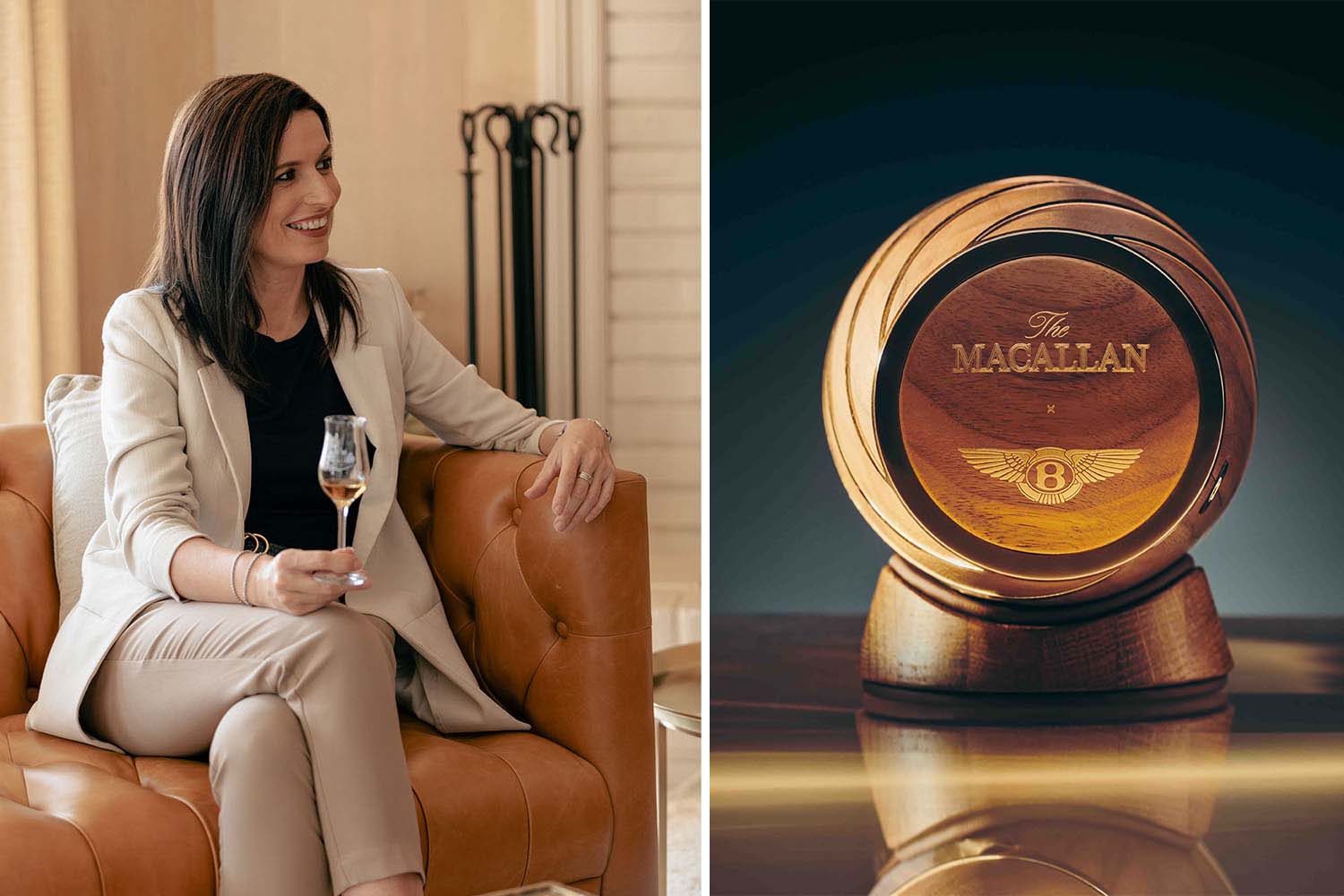
“Science is becoming a bigger part of whisky making, in the design of stills or in cask maturation, for example,” Campbell says. “Cask maturation may be a natural process, but it’s increasingly important to have an analytical understanding of what’s going on in that cask because it’s such an important part of the flavor. My chemistry is a bit rusty, but I can pull it out of the bag. But tasting is, in a way, the opposite of science — it’s about feeling, an understanding that comes from within. It’s good to have a scientific understanding of flavor, but sensory ability is a must for the job. You can learn about blends and flavor profiles, but you can’t improve your sense of smell.”
The Macallan Horizon marks the early days of what should be a long and fruitful career for Campbell at the distillery. Not bad for someone who wasn’t exactly destined to rise to the top of her field. “Whisky heritage is obviously massive for everyone here in the Highlands, but I was unusual in not having any family member in the industry,” she says. “But my father very much enjoyed drinking whisky. And he said his father would have been very proud that his only granddaughter — among eight grandsons — now works in the business.”
Join America's Fastest Growing Spirits Newsletter THE SPILL. Unlock all the reviews, recipes and revelry — and get 15% off award-winning La Tierra de Acre Mezcal.
